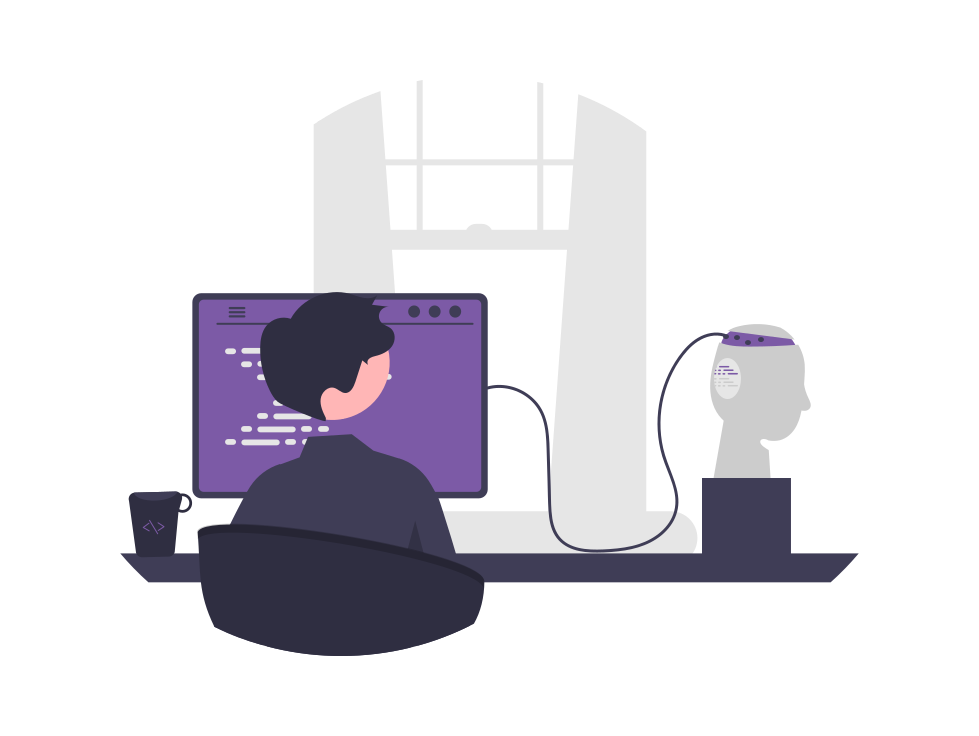Artificial Intelligence (AI) employed in novel ways could now be protected under UK law
New guidelines issued by the UK's Intellectual Property Office (IPO) have clarified that artificial neural networks (ANN) that have made a demonstrable technical contribution will now be considered eligible for patenting.
The update is in response to a High Court ruling in Emotional Perception AI Ltd (EPAI) v Comptroller-General of Patents, Designs and Trade Marks [2023] EWHC 2948 (Ch). A patent application concerning an ANN developed by EPAI was rejected by the IPO, however the High Court's decision considered that it had made a 'technical contribution' and so should qualify.

An appeal of the case was heard in May with the findings from the hearing still to be published, but the new guidelines issued provide clarity on how existing Intellectual Property (IP) laws apply to ANNs.
The IPO will now consider ANNs that make a demonstrable technical contribution to be eligible for patenting. Merely referencing machine learning models will not be sufficient, it must be novel and in a non-obvious manner.
This is a significant development. Previously, under the UK's Patent Act 1977 and Patents Rules 2007 all inventions reliant on computer program work were deemed to be excluded subject matter for patent purposes.
That is no longer the case. The EPAI ruling decouples differing components of an AI system, assessing the contribution of each individually for innovation. Such an approach brings the UK closer to that adopted by the European Patent Office (EPO).
Whereas, merely refencing machine learning models will be ineligible, innovative UK-based businesses that have trained their machine learning models in a non-obvious manner to a skilled professional in the relevant field should consider submitting a patent application.
There are four core conditions that must be satisfied to be considered under the UK patent scheme:
- the invention must be new
- involve an inventive step
- be capable of an industrial application and;
- must not be excluded subject matter .
This is a complex area that requires expert advice, both in patenting by an attorney and in the strategy and implications from a value perspective. The introduction of the Patent Box Tax Relief scheme back in 2013 was to encourage the commercialisation of inventions, yet is still waiting to show high pick up, possibly due to its complexity. But with the right advice can prove extremely valuable.
Patent Box enables innovative companies to apply a Corporation Tax rate of 10% to profits earned from the patented inventions.
This can amount to a sizeable figure.
- If you have not yet benefited from Patent Box and are keen to do so, but are put off by the complexity of the scheme, let MMP, acknowledged experts in the Tax incentive space, carry out the heavy lifting for an assessment on your behalf.
TO discuss your specific circumstances and see how we can assist you, why not contact us or to speak to one of our team
James is a Content Writer at MMP Tax.
Like what you're reading? Subscribe to our newsletters
(No Spam! Only what we think is important & interesting)